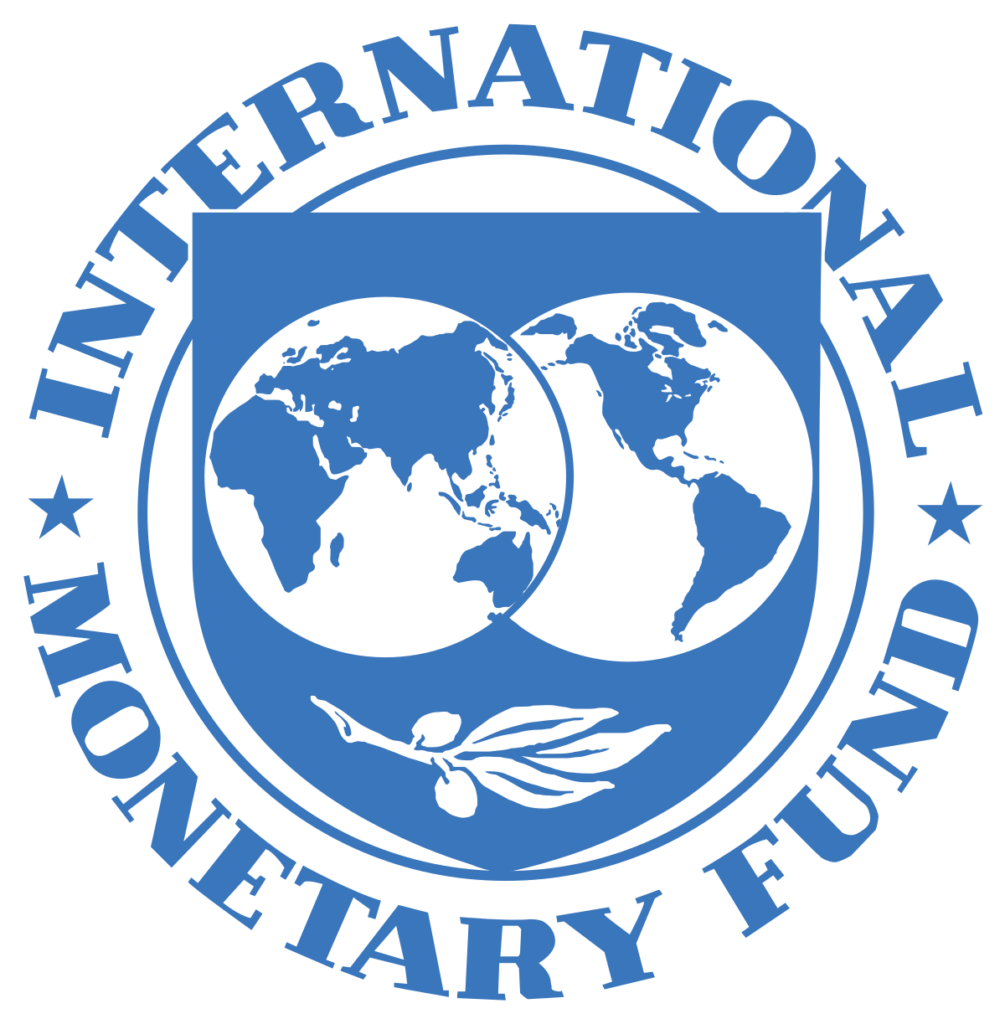
By Onwubuke Melvin – The International Monetary Fund has warned the Federal Government against the proposed amendment of the Act establishing the Central Bank of Nigeria (CBN), calling rather for the strengthening of the apex bank.
This was disclosed by the Fund in the Article IV Staff Consultation Report of the Board of Governors of the global organization, published in Washington, on Thursday.
It stated: “Directors supported the authorities’ intentions to shift to an inflation targeting regime and recommended strengthening central bank independence and communication to ensure a successful transition.
“They recommended caution regarding amendments to the Central Bank of Nigeria (CBN) Act that might weaken the central bank’s autonomy.
“They supported the increase in the minimum capital for banks and urged CBN to unwind the regulatory forbearance introduced during the pandemic.
“Directors commended the authorities for restarting the cash transfer program and emphasized the urgency of scaling it up to mitigate acute food insecurity.
“They stressed the importance of keeping a tight monetary policy stance to put inflation on a downward path, maintaining exchange rate flexibility, and building reserves.
“Directors welcomed the removal of foreign exchange market distortions and encouraged the authorities to continue improving the functioning of the FX market, including the adoption of a well-designed FX intervention framework.”
A meeting of the IMF’s Executive Board was held on February 29th, 2024, following the Staff Report from the mission they conducted in Nigeria between February 12 and 23 where they held discussions with Nigerian authorities.
The Fund believes that Nigeria’s new government has embarked on an ambitious reform path aimed at restoring macroeconomic stability and supporting inclusive growth.
“The authorities reformed the fuel price subsidies, unified official foreign exchange windows, and are focused on revenue mobilization, governance, and enhancing the monetary and exchange rate policy frameworks, as well as strengthening social safety nets,” it said.
Meanwhile, the board said, “Near-term risks are tilted to the downside,” but stressed, “steadfast, well-sequenced, and well-communicated reforms to restore macroeconomic stability, reduce poverty, support social cohesion, and pave the way for faster, inclusive, and resilient growth.”
The report noted that the elimination of costly and regressive energy subsidies was essential, to creating fiscal space for development spending and strengthening social protection, while maintaining debt sustainability.
In monetary policy, the IMF welcomed recent interest rate increases by Nigeria’s Central Bank to curb inflation and called for a data-driven approach to further tightening of rates. The IMF has urged the Central Bank to increase its Foreign Exchange reserves, and in particular, it recommends a Transparent and Balanced Framework for FX Interventions aimed at Stabilising Excessive Short Term Volatility.
Kindly follow us on twitter:@AfricanVoice2










